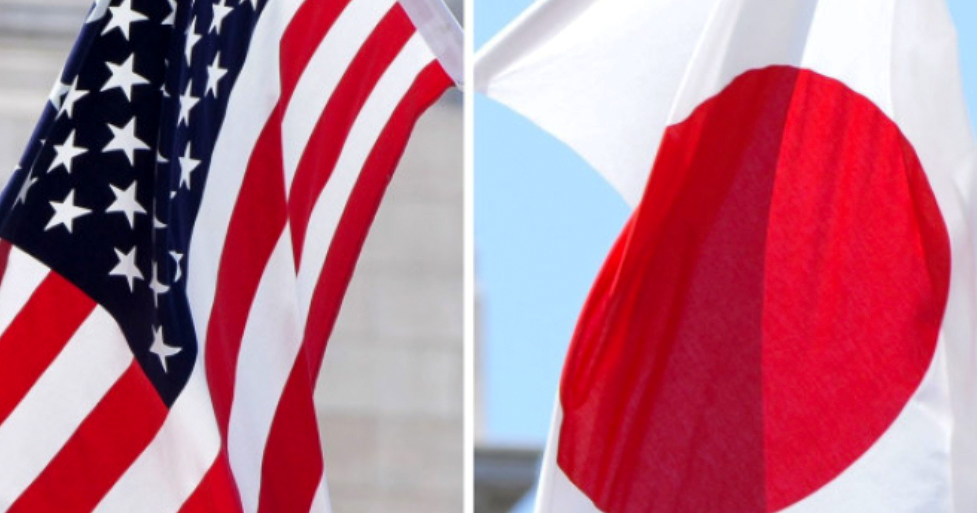By Janet Ekstract NEW YORK- The upcoming White House summit on April 11 with Japan’s Prime Minister Fumio Kishida and Philippines President Ferdinand Marcos, Jr. is a first for the U.S. that will bring the three together for a historic, trilateral summit in Washington. Analysts point out that the summit is significant for a number of reasons, a major one being the fact that U.S. economic ties are a cornerstone of the U.S.-Japan alliance to the tune of $712 billion cumulative direct investment into the U.S. in 2022. It highlights how significant this bilateral relationship is and where the Philippines is concerned, brings together two allies in Asia to further regional stability. The Philippines wants to confirm a trilateral maritime cooperation agreement with joint naval patrols from the three nations. As Philippines Ambassador to the U.S. Jose Manuel Romualdez told the press in a briefing last week: “Joint patrols are something that we’ve already discussed extensively with Japan and the United States.” Another key reason is tensions in the South China Sea that National Security spokesperson John Kirby pointed out last week in a White House briefing, “are not going away.” Kirby said that this issue was brought up on Biden’s call with Chinese President Xi Jinping, last week. Pentagon press secretary Pat Ryder who spoke to Voice Of America (VOA) said the goal of trilateral efforts in the South China Sea is to “ensure that the Indo-Pacific region remains free, it remains open and that there is security and stability throughout the region.”
As one of the closest allies to the U.S., Japan and the oldest U.S. ally, the Philippines in the Indo-Pacific region – the trilateral summit, analysts emphasize, is a way to deepen ties and advance the shared framework of a free, open and prosperous Indo-Pacific. Analysts say this summit is also essential to maintain America’s security and economic resilience as well as a future of peace in that region. The trilateral comes at an especially challenging geopolitical time with the war in Ukraine, the war in Gaza and the Indo-Pacific region facing increasingly hostile and provocative moves from China and North Korea in the South China Sea. What’s significant about the South China Sea is that it’s a crucial route for Japan’s global supply chains and as Director of the Indo-Pacific Program at the Wilson Center Shihoko Goto told VOA: “There is tremendous expectation for Japan,” adding that Japan is “at the heart of regional security.” Japan is already a member of two trilateral groups and part of a Quadrilateral Strategic Security Dialogue between Australia, India, Japan and the U.S. known as the Quad. The purpose of the Quad is to guarantee security of sea lanes, encourage free trade and support democratic values and human rights. Within Quad, Japan’s role has been indispensable in boosting security cooperation throughout the Indo-Pacific.
It’s an opportunity for Japan to demonstrate how its bilateral alliance with the U.S. has evolved into a “global partnership that stands as the cornerstone of international liberal order,” according to Yuki Tatsumi, co-director of the East Asia Program and director of the Japan Program at the Stimson Center who also spoke to VOA. The main goals include plans for a modernized alliance command and control and plans for a consultative body for defense-industrial cooperation, Tatsumi said. The leaders of Japan and the Philippines are already in talks on a Reciprocal Access Agreement to further develop shared military operations and training. Meanwhile, in a visit to Manila last November, Japan’s prime minister and the Philippines president signed multiple agreements that included the first-ever transfer of defense aid under Japan’s new Official Security Assistance framework. The Philippine Navy, through this program will receive $4 million worth of coastal surveillance radar systems. Japan also committed to constructing six patrol vessels for the Vietnam Coast Guard, to be delivered by October 2025. This initiative will bolster Vietnam’s maritime capabilities which showcases Japan’s continual commitment to support the maritime security of its Indo-Pacific neighbors. As one analyst highlighted, Japan’s former Prime Minister Shinto Abe described the U.S.-Japan alliance as an “alliance of hope,” and the historic trilateral summit is certain to strengthen the existing alliances of the U.S., Japan and the Philippines.
.




